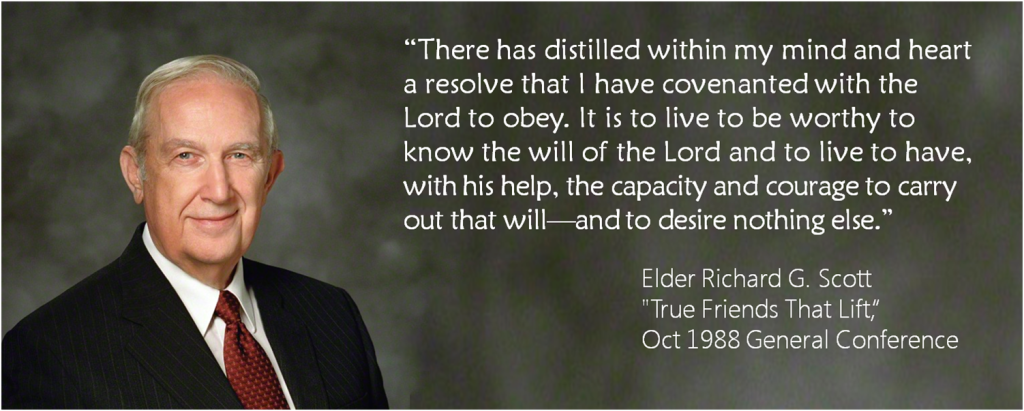“Pray in the name of Jesus Christ about your concerns, your fears, your weaknesses—yes, the very longings of your heart. And then listen! Write the thoughts that come to your mind. Record your feelings and follow through with actions that you are prompted to take.” (President Russell M. Nelson, Revelation for the Church, Revelation for Our Lives, Ensign, May 2018, p. 95)
I love step-by step approaches to improving my life. In this talk, Russell M. Nelson, President of the Church of Jesus Christ of Latter-day Saints, offers a simple, straightforward approach to receiving personal revelation for our lives. He did not present it as a set of defined steps, but that is how they feel to me.
1. Pray
What should we pray about? Our concerns, our fears, our weaknesses, and the longings of our hearts. How do we pray? In the name of Jesus Christ.
When we pray with a true understanding of the Lord’s ability and willingness to ease our burdens and help us come unto and become like Him; if we are willing to trust Him, He can deliver us. What does He deliver us from? From bondage to our concerns, our fears, our weaknesses and shortcomings. When we take them out of the dark hiding places of our hearts and hold them up to His light, they lose their power to keep us from achieving our full potential in this life, with His help.
2. And then listen!
What a concept! This took me many years to learn for myself. I thought I was finished with my prayer when I said “Amen.” I would get up from my knees and go about my life wondering when and how I would ever hear answers to my prayers.
3. Write the thoughts…Record your feelings
The thoughts and feelings that come to us when we listen after praying can be personal revelation for our lives. When I first started listening for, and receiving answers a disconcerting pattern emerged. After a few hours I could remember that I had received an answer to my prayer, but I couldn’t remember what I had heard! I started writing – at first just the answers and then the entire prayer including the answers. My practice of written prayer has enhanced my personal relationship with the Savior so much that when I cannot write, I feel cheated.
4. Follow through with actions
 This is the crux or heart of the matter. It is what I still struggle with and work on daily. Almost every prayer I write includes a plea for help with recognizing and acting upon the promptings I receive that day. Activities and distractions frequently push down the thoughts and promptings under a load of urgent but often less important things. When Satan cannot stop me from praying and receiving guidance, he settles for distracting me from acting on it. I am reminded of the talk, “Good, Better, Best” given by President Dallin H. Oaks in October 2007 General Conference. It is always best to follow the personal revelation I receive from the Lord each day.
This is the crux or heart of the matter. It is what I still struggle with and work on daily. Almost every prayer I write includes a plea for help with recognizing and acting upon the promptings I receive that day. Activities and distractions frequently push down the thoughts and promptings under a load of urgent but often less important things. When Satan cannot stop me from praying and receiving guidance, he settles for distracting me from acting on it. I am reminded of the talk, “Good, Better, Best” given by President Dallin H. Oaks in October 2007 General Conference. It is always best to follow the personal revelation I receive from the Lord each day.
- What are you willing to do today to enhance your ability to receive personal revelation?
- How can you better act upon the revelation you receive?
Please share your thoughts about this post by commenting below.
Related Posts: Step 11: Receiving Meaningful Personal Revelation, Six Points to Discern the Lord’s Will, Open Your Arms to Receive His Blessings, If Prayers are Conversations with God, Why Am I Doing All the Talking?, Tools: Quality Prayer







